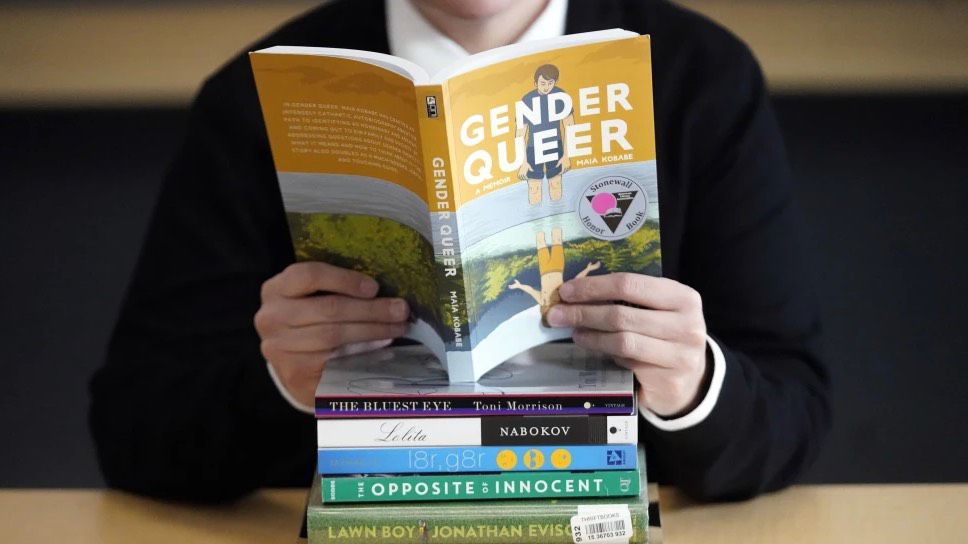WASHINGTON — U.S. Sen. Brian Schatz, D-Hawaii, joined U.S. Rep. Jamie Raskin, D-Md., last week in introducing a resolution rejecting what they called an escalating censorship crisis that has taken form in book bans across the country.
“Any attempt to ban books because someone has an ideological disagreement or doesn’t believe in capturing the full scope of history is un-American,” Schatz said. “Freedom of expression is a founding principle of our country and it’s up to all of us to stand up against these attacks on this fundamental right.”
The non-profit PEN America documented over 10,000 instances of individual books being banned during the 2023-24 school year, nearly triple the number from the previous academic year. The lawmakers noted that many of the books banned had “characteristics that would be targeted by Project 2025.”
According to PEN American, over 40 states limited access to certain books for limited or indefinite periods of time between July 2021 and June 2023, led by Florida, where some 1,972 books were banned or restricted in 37 school districts.
“By filling our libraries with a diversity of stories, we help our students understand new perspectives rather than suppressing their freedom to think, read and write independently,” Raskin said. “We must close this chapter of censorship and, rather than continuing to take a page from the world’s dictators and autocrats, turn our attention to the resources students need to succeed.”
The bicameral resolution, which was introduced in conjunction with Banned Books Week, expresses concerns about book banning and reaffirms the commitment of the United States to “supporting the freedom of expression of writers that is protected under the First Amendment to the Constitution and the freedom of all individuals in the United States to read books without government censorship.”
It further calls on local governments and school districts to follow best practice guidelines when addressing challenges to books and protect the rights of students to learn and the ability of educators and librarians to teach, including providing students the opportunity to read a wide variety of books “reflecting the full diversity of viewpoints and perspectives.”
The nonbinding resolution notes that targeted books include recognized classics like Harper Lee’s To Kill a Mockingbird and Aldous Huxley’s Brave New World, as well as books written by and about “outsiders, newcomers and individuals from marginalized backgrounds.”
Most efforts to restrict student access to certain books have occurred in Republican-led states or have resulted from organized efforts by conservative organizations. Some politicians, like Rep. Aaron Bean, R-Fla., have argued that bans are typically based on inappropriate, explicit content rather than political or social issues.
Bean has previously encouraged parents and school groups to challenge books with explicit content. He and other conservative leaders have said such bans do not constitute censorship since parents and students have other means of accessing the books.
Still, librarians and many Democrats argue the bans limit students’ exposure to a diversity of literary perspectives.
“The movement to ban books is an affront to public education and students’ ability to understand the world,” said PEN America’s Congressional affairs lead Laura Schroeder. “The targeted bans intentionally seek to silence the experiences of authors of color, LGBTQI+ authors and stories that explore the themes of racism, trauma, religion, gender identity and sexual identity. Students are being deprived of stories that can help them deal with real lived experiences such as trauma and violence. This must end.”
Michael Tsai covers local and state politics for Spectrum News Hawaii. He can be reached at michael.tsai@charter.com.



